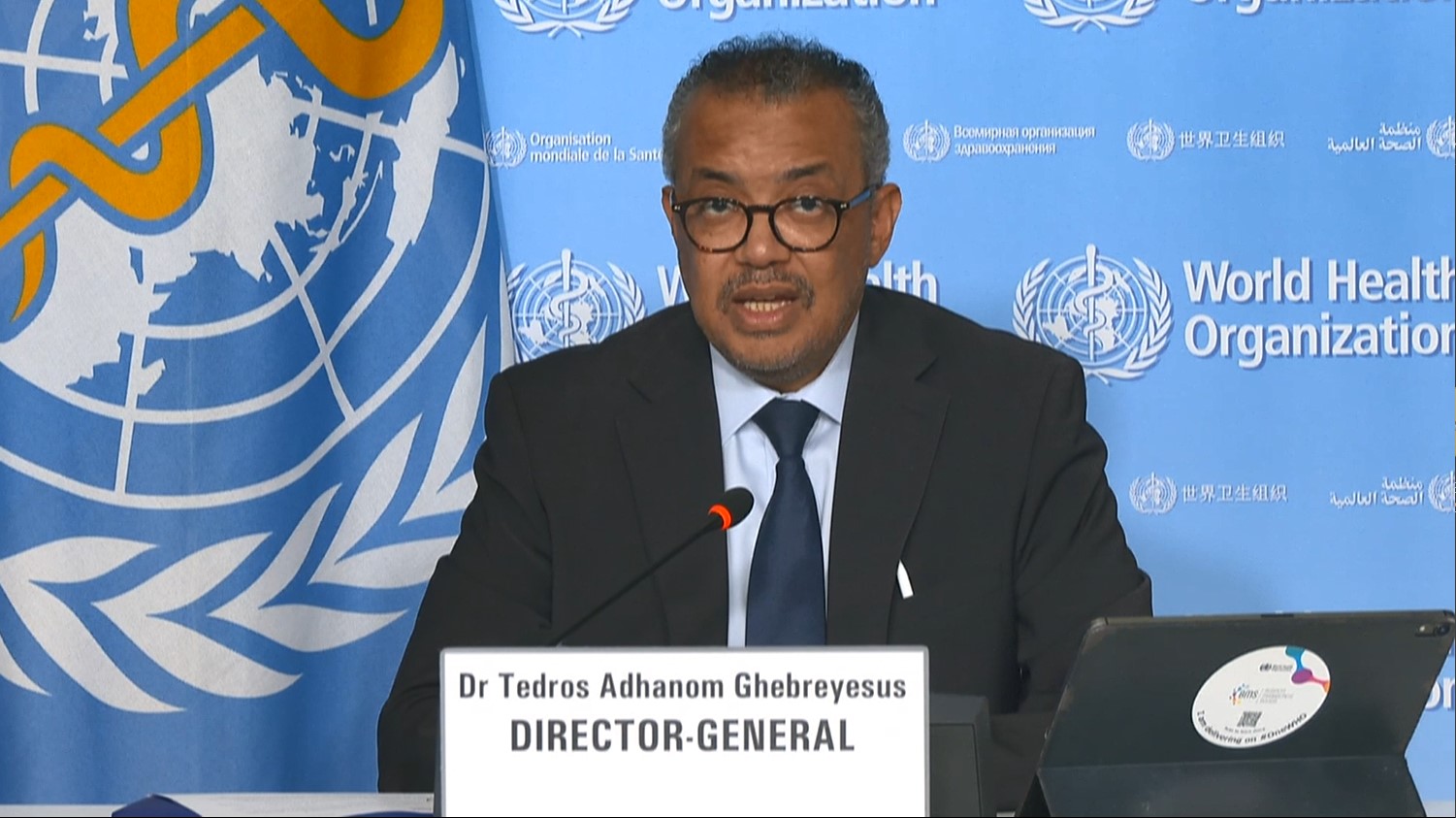
Briefing journalists today (09 Aug July) in Geneva, Tedros Adhanom Ghebreyesus, WHO's Director-General, said, “However, the number of countries reporting data to WHO has also declined significantly. In the past month, only 25 percent of countries and territories have reported COVID-19 deaths to WHO, and only 11 percent have reported hospitalizations and ICU admissions.”
Tedros also said, “There is no question that the risk of severe disease and death is vastly lower than it was a year ago, thanks to increasing population immunity from vaccination, infection or both, and from early diagnosis with better clinical care.”
According to him, “Despite these improvements, WHO continues to assess the risk of COVID-19 to global public as high. The virus continues to circulate in all countries, it continues to kill and it continues to change.”
He explained, “WHO is currently tracking several variants including EG.5, for which we are publishing an risk evaluation today. The risk remains of a more dangerous variant emerging that could cause a sudden increase in cases and deaths.”
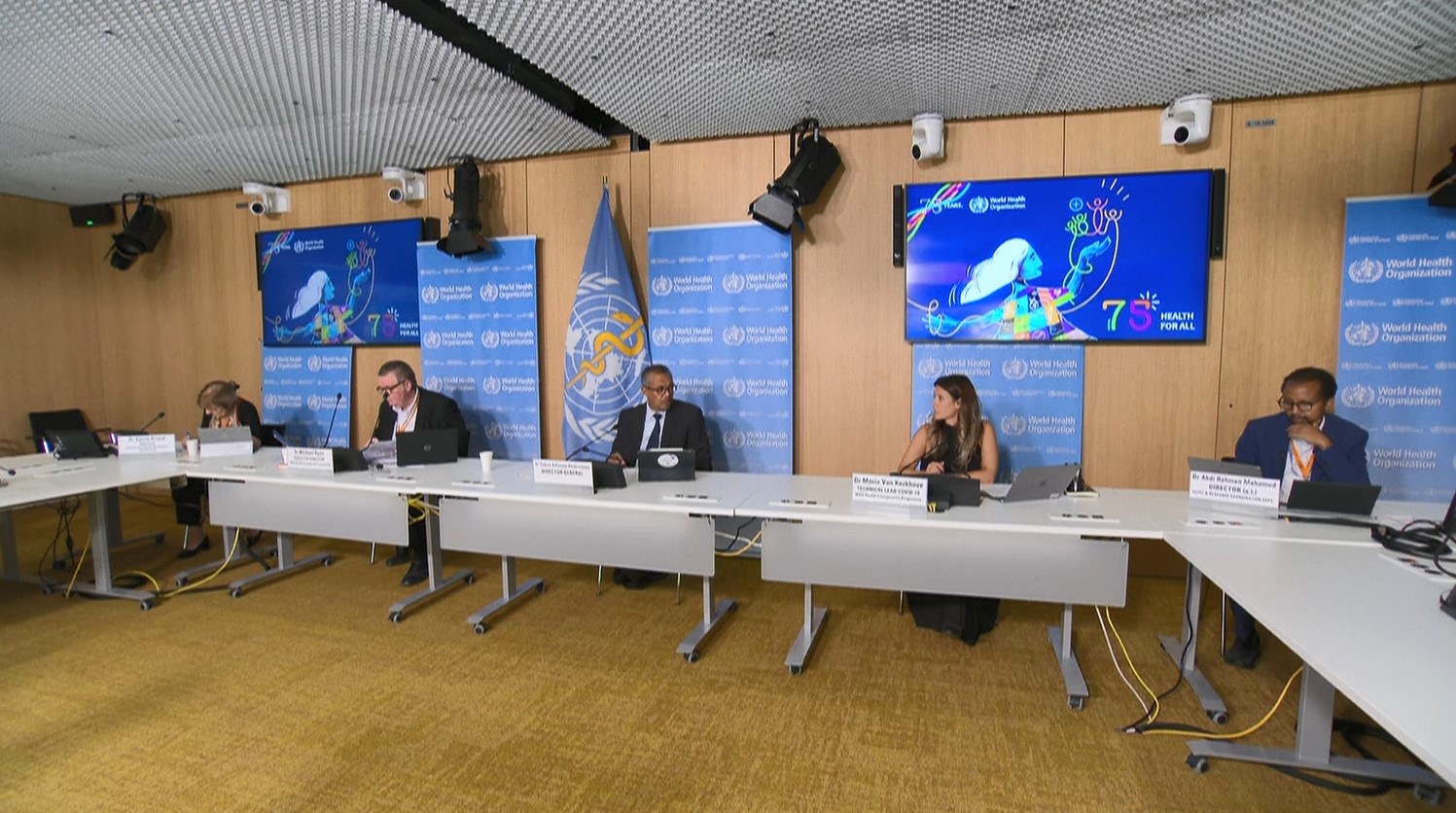
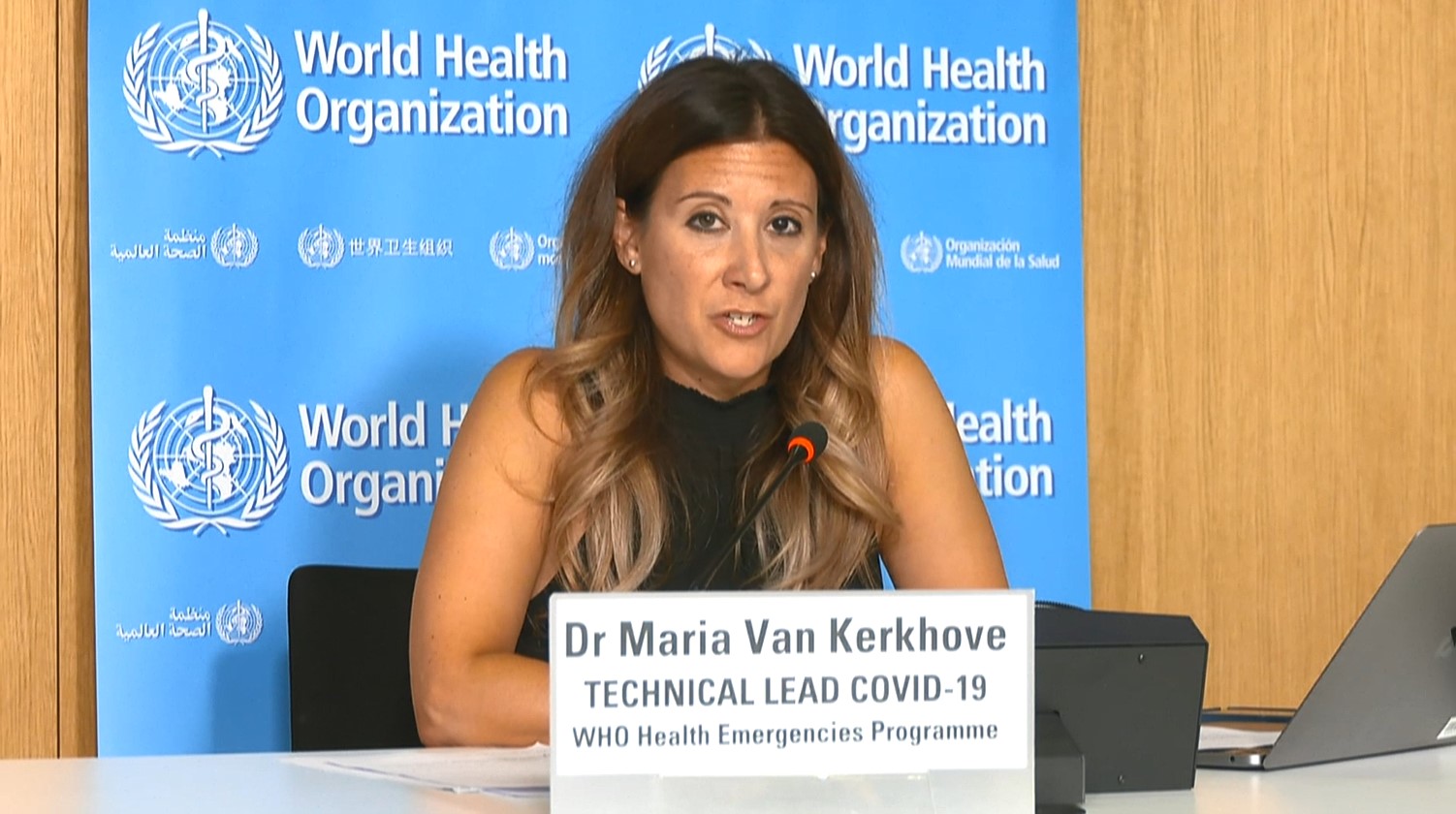
Maria Van Kerkhove, Technical Lead COVID-19, WHO Health Emergencies Programme, said, “EG.5 is one of the sub lineages of Omicron that is in circulation.”
She added, “It is a descendant lineage of XBB.1.2 and it has the same spike amino acid profile of XBB.1.5. In terms of it’s behaviour, it has an increased growth rate as we expect all of these sub lineages that are emerging.”
According to her, “We don't detect a change in severity of EG.5, compared to other sub lineages of Omicron that have been in circulation since late 2021.”
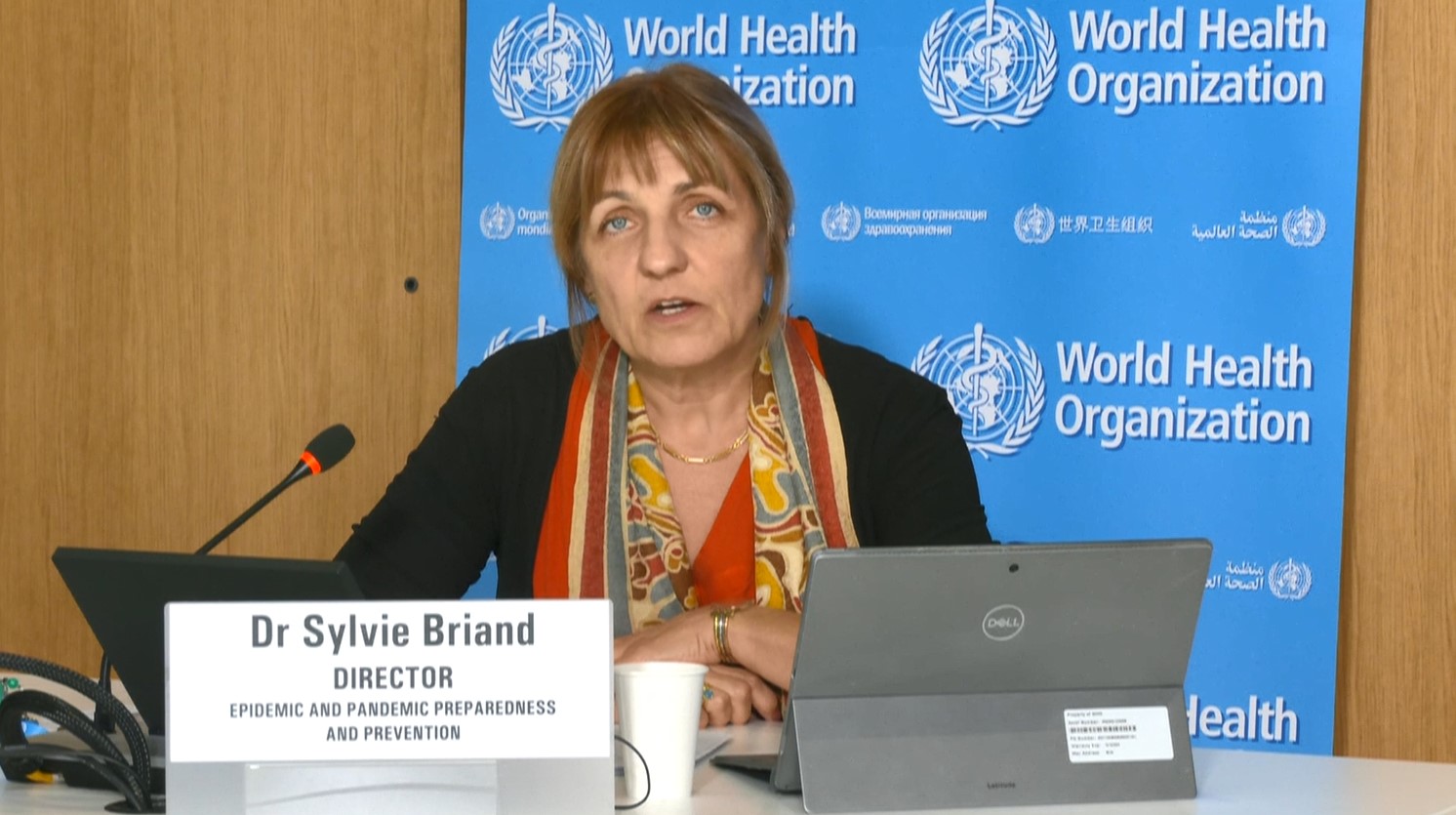
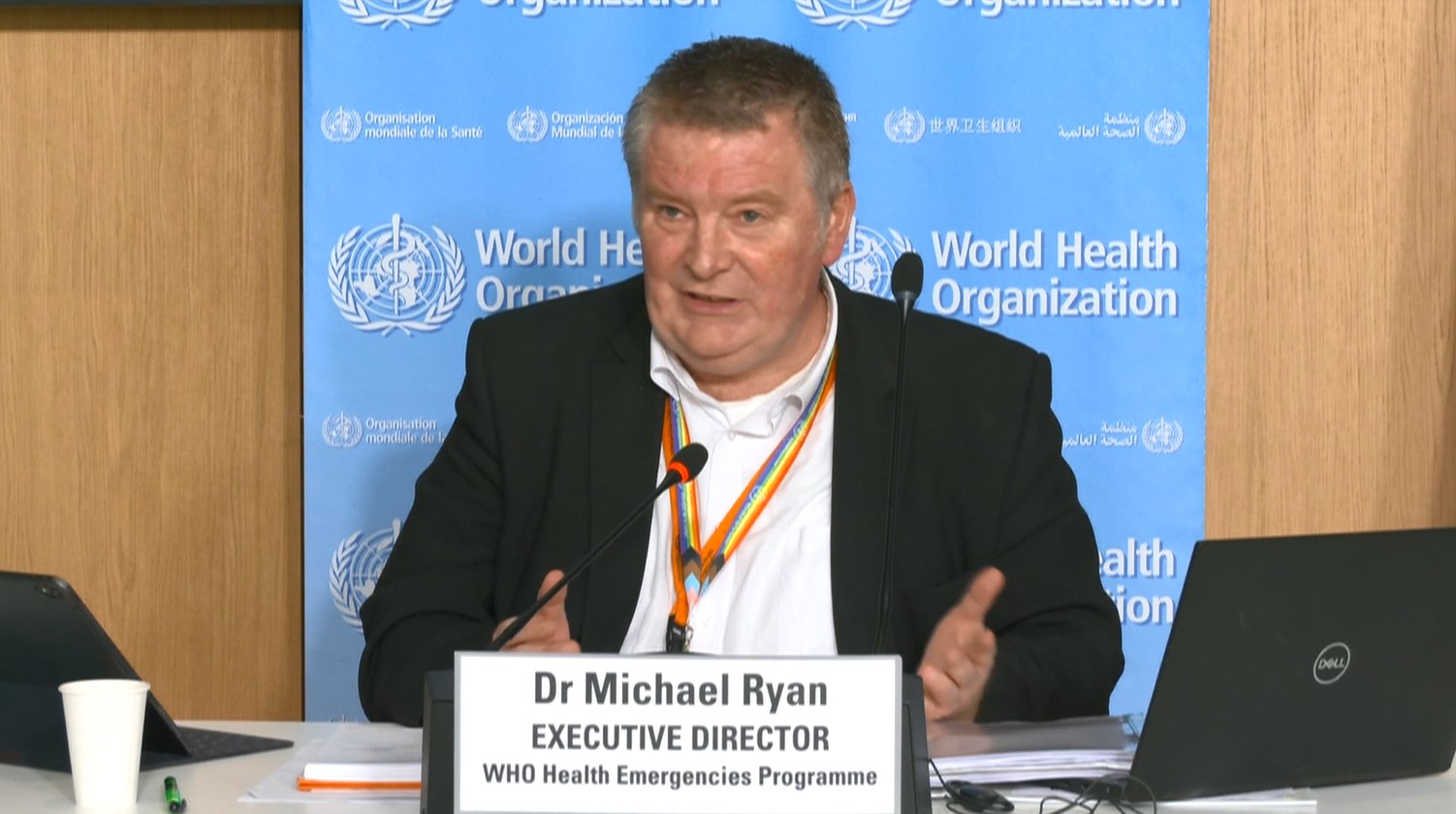
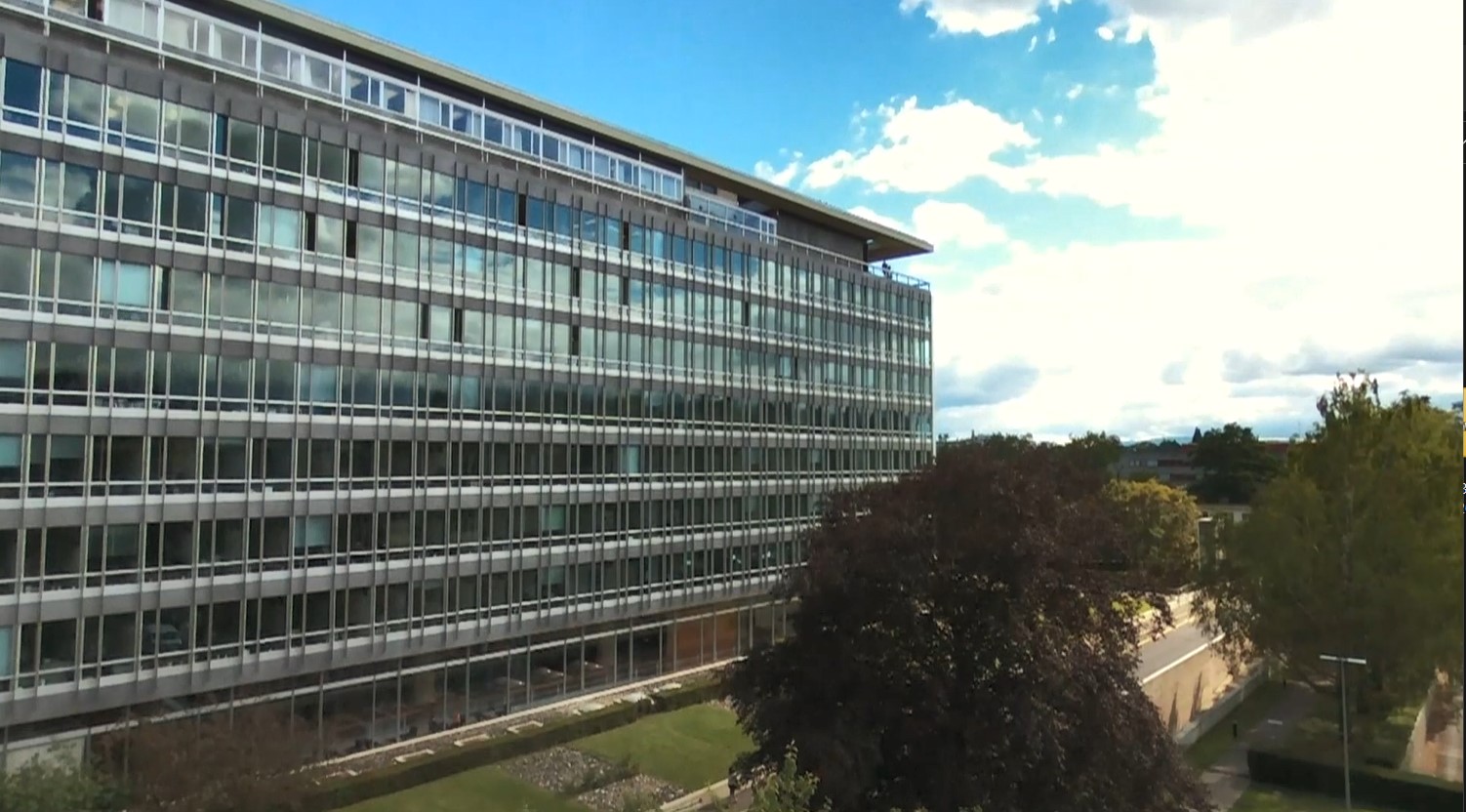
Kerkhove concluded, “To date, there have been about 7,000 sequences of this EG.5 sub lineage which has been shared with public platforms like GISAID and they have come from 51 countries. I think, what is important is today, we will be classifying this as a variant of interest.”
The WHO chief Tedros added, “We recognise that many people and governments view COVID-19 as a thing of the past. So why are these recommendations still important? For those who lost someone they love, for those who continue to be at risk of severe disease or death, for those who continue to suffer from post-COVID-19 condition, or Long-CoCOVID, for them COVID-19 is still a daily threat, and a daily trauma.”
He stressed, “WHO will not forget about COVID-19, and nor can governments.”
For her part, WHO’s Director for Epidemic and Pandemic Preparedness and Prevention, Dr Sylvie Briand, said, “There is no currently predominant variant anywhere but a number of core circulating variants, decisions on vaccine come position remains challenging.”
Briand also said, “When we do the virus antigenic mapping, we look at all the viruses that are circulating and all the variants that are circulating.”
She continued, “And we try to select the antigen that will provide this maximum breadth of immunity, so that the protection to people is as wide as possible, anticipating that the virus may evolve between the time where the recommendation issued and the time when the vaccine is produced.”
Tedros also briefed on the situation in Sudan. He said, “WHO remains highly concerned about the worsening humanitarian situation in Sudan, which is now entering its fourth month of conflict.”
According to him, “More than 40 percent of the population of Sudan is now in hunger – double the number since May last year. Limited access to medicines, medical supplies, electricity and water continue to pose a challenge to the delivery of health care in states affected by the conflict in Sudan.”
He noted, “WHO is also concerned about the humanitarian situation caused by the recent conflict in the Amhara region of Ethiopia. Almost 2 million people are in need of health assistance. The situation is made more complex by the influx of refugees from the conflict in Sudan.”
Tedros added, “We have also built a cholera treatment centre in Bahir Dar, but we face severe challenges with access and communications.”
The head of WHO stressed, “The people of Amhara cannot bear another conflict. WHO calls on all parties to the conflict to cease hostilities and return to talks.”
Michael Ryan, Executive Director of WHO’s Health Emergencies Programme, said, “There is no high-tech solution for Dengue. Dengue vaccines aren’t available. We don't have a magic wand.”
He continued, “But cleaning up breeding sites and using larvicide at breeding sites is highly effective. But that involves investing in communities. That involves dealing with peri-urban slums, that involves dealing with the people who are undocumented, unregistered in society. That means dealing with poverty.”
Ryan concluded, “So there are solutions but there is no high tech solution around the corner for something like Dengue. Dengue is a symptom of our society it’s a symptom of the way we make people live, it’s a symptom of poverty and it’s a symptom of the lack of application of simple interventions that are easily affordable in the right place at the right time.”
 Celebrity Media TV
Celebrity Media TV









